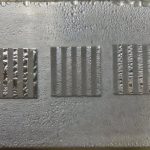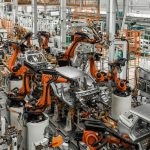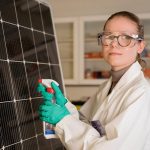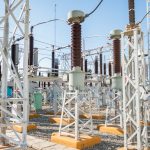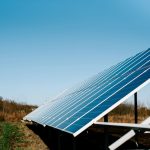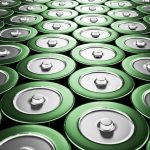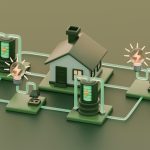Scientists develop comfortable fabrics that generate electricity from movement
Imagine wearing clothes that not only feel great but also generate electricity while you move.
Researchers at North Carolina State University have developed a new...
New aluminum surfaces could transform cooling, cleaning, and anti-icing technologies
Engineers have developed a new, cost-effective way to create specially patterned aluminum surfaces that could revolutionize cooling systems, self-cleaning technologies, and anti-icing solutions.
This breakthrough...
Robots play a big role in renewable energy
Robots are no longer just a thing of science fiction; they’re playing a significant role in solving some of today’s most pressing problems, including...
Don’t use dish soap to clean solar panels, study warns
A recent study from the University of Turku in Finland shows that cleaning solar panels with dishwashing detergent can actually make them less efficient.
The...
Pine cone-inspired shading system keeps buildings cool without electricity
Scientists at the universities of Stuttgart and Freiburg have developed an amazing shading system for buildings that adjusts itself to the weather—just like pine...
How nanotechnology is changing energy storage
Energy storage is one of the biggest challenges in today’s world. As we shift toward renewable energy sources like solar and wind, the need...
How reusable rockets are changing space travel
Space travel has always been expensive, partly because rockets were traditionally single-use. Imagine throwing away an airplane after every flight—it would make air travel...
How nanotechnology powers renewable energy
Renewable energy is key to building a cleaner, more sustainable future, and nanotechnology is playing an exciting role in this effort. Nanotechnology works with...
Big breakthroughs in solid-state batteries
Batteries are a big part of our lives, powering everything from smartphones to electric cars. But as we demand more from our devices, the...
How smart grids are revolutionizing energy management
Electricity is something most of us take for granted until the lights go out.
Behind the scenes, however, managing energy production and distribution is a...


